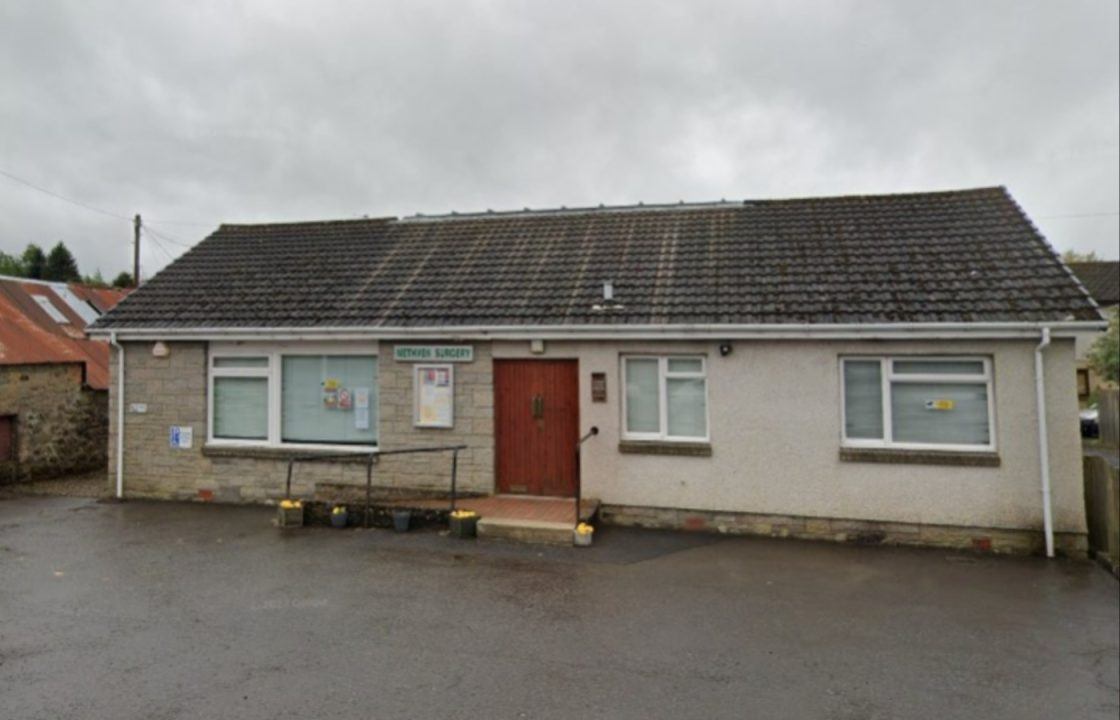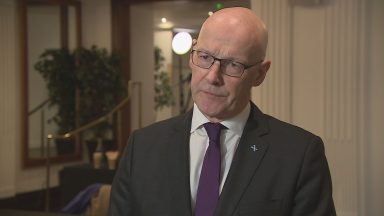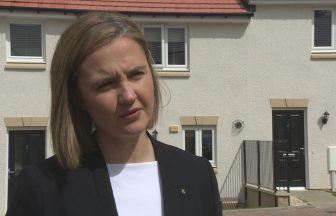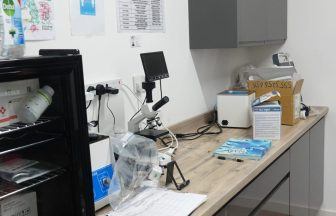The British Medical Association has said pressure from an increasing workload is the main reason why so many GPs are reducing their hours or leaving the profession altogether.
Methven Surgery is the latest practice which looks set to close with patients facing a 12-mile round trip to Victoria Practice in Perth for medical help.
Since 2019 Perthshire has seen the closure of surgeries in Bankfoot, Blair Atholl, Bridge of Earn and Invergowrie as Scotland suffers a GP recruitment and retention crisis.
Two thirds of Perth and Kinross GP practices are at risk of being unsustainable with one third thought to be at high risk.
So what is the reason behind the crisis? Hefty taxation on GPs’ pensions? The lure of a better lifestyle in the likes of New Zealand or Australia? Housebuilding and increased patient lists?
According to a senior member of the BMA increasing demand and pressures on GPs is the biggest reason behind the crisis – and the more GPs who leave the greater that pressure becomes.
Dr Patricia Moultrie, deputy chair of the BMA’s Scottish GP Committee told the Local Democracy Reporting Service: “We are currently in a GP recruitment and retention crisis. There are simply not enough GPs in Scotland to effectively meet the rising needs and demands of our patients.”
Many practices have “simply given up trying to recruit”.
Dr Moultrie said: “Establishing vacancy rates in general practice is complex, as many practices have simply given up trying to recruit and are instead reconfiguring in an attempt to maintain patient services with fewer GPs.
“On top of that, the additional GPs which the Scottish Government agreed are necessary to maintain patient access to GPs and who have not been embedded within general practice are the ‘missing GPs’ and do not appear amongst these ‘vacancies’.”
And longer waiting times for hospital appointments – with secondary care also under immense pressure – means patients often land back at their GP.
Dr Moultrie added: “The total workload pressures and impact on the wellbeing of GPs – and indeed their staff – is the biggest factor identified in GPs reducing their hours or leaving the profession completely. Due to extremely long waiting times for secondary care – which is also under immense pressure – patients often return to general practice, which places further strain on a system that is already struggling to cope.”
And while the move to multi-disciplinary teams was designed to ease the pressure, it has not gone down well with some patients. The BMA has been told from “too many colleagues” of practice staff being physically and verbally abused due to patients being unhappy with the appointment they are given.
Dr Moultrie said: “The introduction of multi-disciplinary teams (MDTs) was designed to ease pressure on general practice – and this is something patients can take advantage of when they have needs that do not particularly require a GP. They can make use of practice nurses, community pharmacists, community physiotherapists and the NHS inform website for example, and it is important that they appreciate they may be signposted to these services by practice staff if it is relevant and appropriate for their need.
“We are hearing from too many colleagues that practice staff are being abused verbally – and, shockingly, at times physically – when patients do not feel that they are being given the appointment they require.”
At last week’s meeting of Perth and Kinross Council deputy leader Eric Drysdale raised concern about the pressures housebuilding was putting on already stretched primary care services.
Perth City Centre SNP councillor Eric Drysdale – who previously sat on the NHS Tayside board and chaired the Perth and Kinross Integration Joint Board – said: “Our new Local Development Plan absolutely must contain stronger measures than we currently have to ensure that all new major housing developments must include mandatory provision for local healthcare facilities.
“Without adequate assurances on this from NHS Tayside, quite simply, I believe residential development plans ought to be refused going forward.”
The BMA would like to see GP practices confirm they can accommodate the expected additional patients in a local development plan or for the health board to confirm it will support or operate a new medical practice.
Dr Moultrie said: “General practice has been hugely under-resourced for years – and a big issue impacting it is the continued planning of new housing developments without consideration of primary care facilities.
“Local health boards are responsible for the provision of primary care services, and in any local development plan the relevant health board should be required to positively state that it has made provision of such service, either by confirming that existing GP practices have agreed that they will be able to accommodate the expected additional patients or by confirming that the board intends to support establishment of a new GMS practice or operate a directly managed 2C practice to allow patients to register for services.”
Follow STV News on WhatsApp
Scan the QR code on your mobile device for all the latest news from around the country


 Google Maps
Google Maps




















